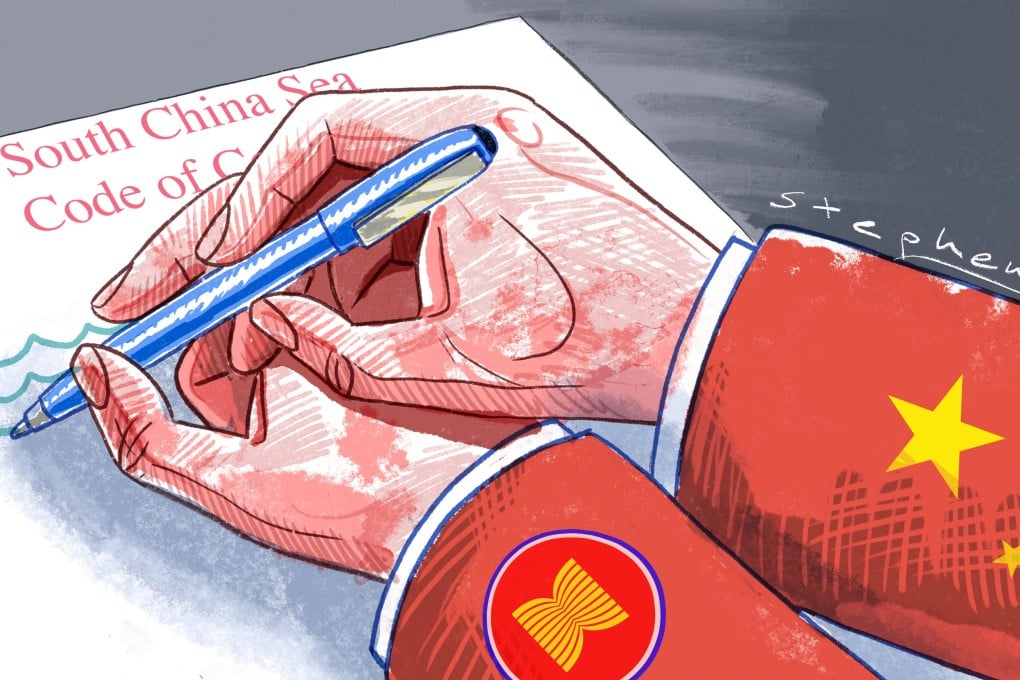Opinion | South China Sea: Asean needs to compromise with China to settle protracted code of conduct dispute
- After 20 years of negotiations and growing flare-ups in the disputed waters, the delay has produced more mistrust and arguably benefited powerful parties
- Compromise will break the impasse – and may be the only realistic way for Asean claimants to harvest their resources without Chinese interference

The main issues are the definition of the code’s geographic scope and dispute settlement, and whether it will have the force of law and outside powers can become parties. With enough political will, these difficult issues can be finessed.
This is a large, economically and strategically important area. Neither side is likely to yield on the issue. China says Vietnam is trying to use the Association of Southeast Asian Nations and its negotiations to bolster its claim – and it has a point. It also argues that the Paracels dispute is only between it and Vietnam, and should not be included in an Asean-China agreement.
Yet the geographic scope of the code could be left open to interpretation by using language like “the disputed area in the South China Sea”. This would leave China to argue that its sovereignty over the Paracels is not in dispute – and for Vietnam to argue that it is and therefore covered in the code. As long as other parties stay neutral, the Paracels dispute can thus remain a bilateral issue for China and Vietnam to work out a modus vivendi.
A second area ripe for compromise is in dispute settlement. Whatever third-party process is agreed on, most parties want it to be qualified by mutual consent, which would make the provision less contentious.
